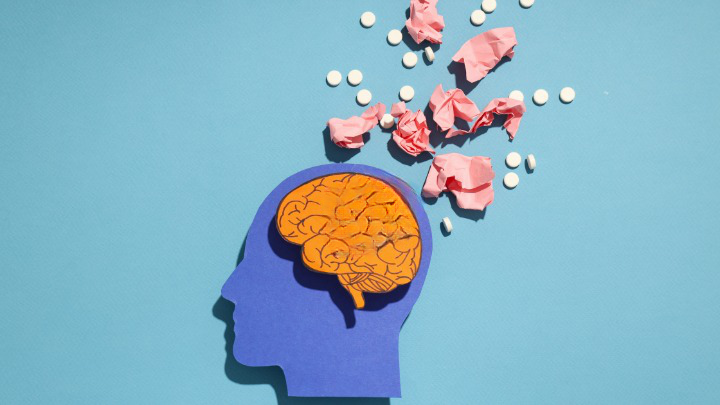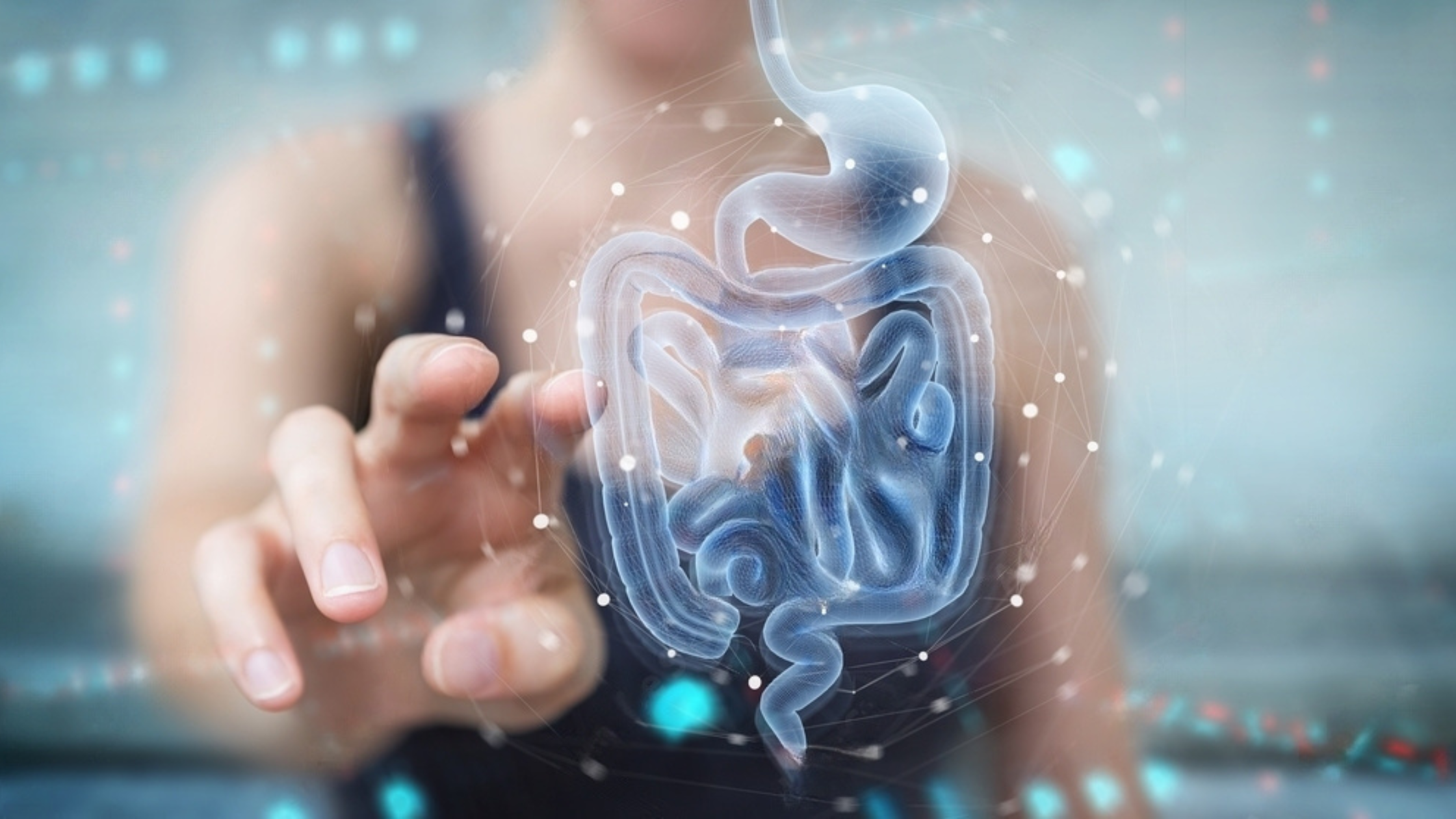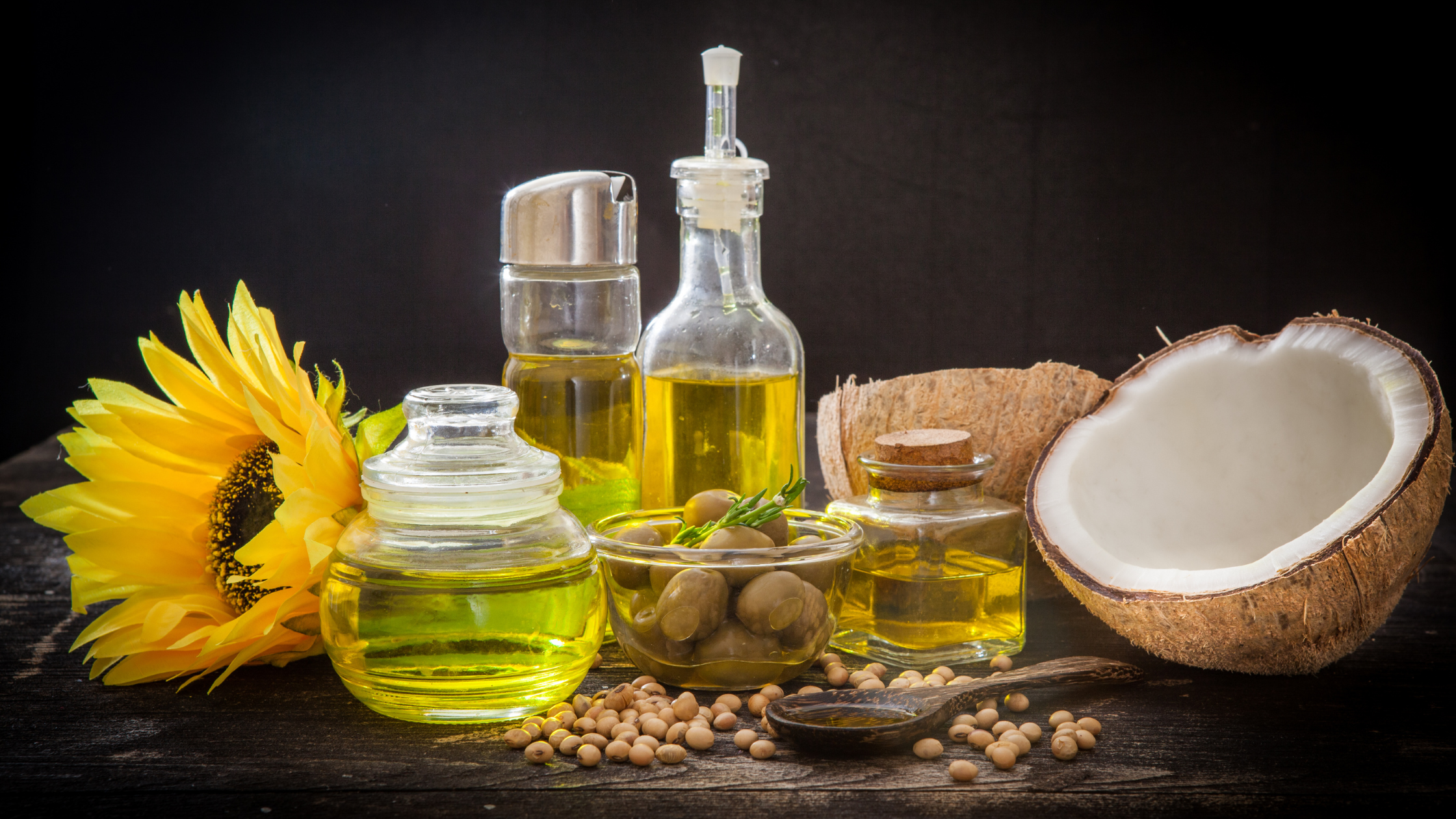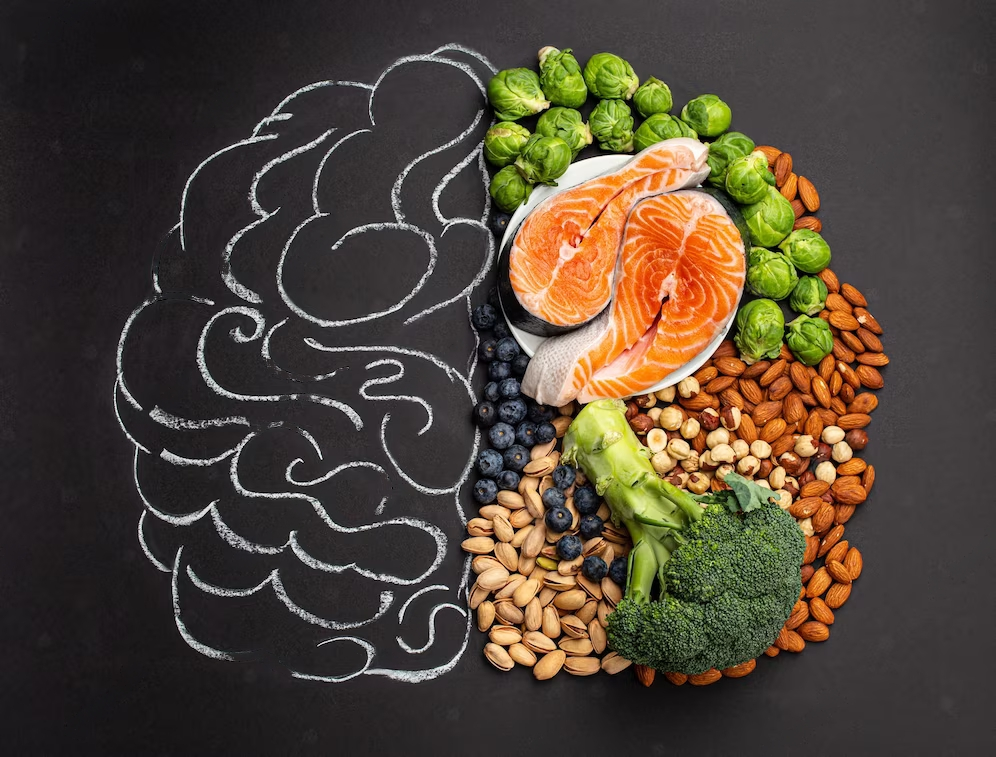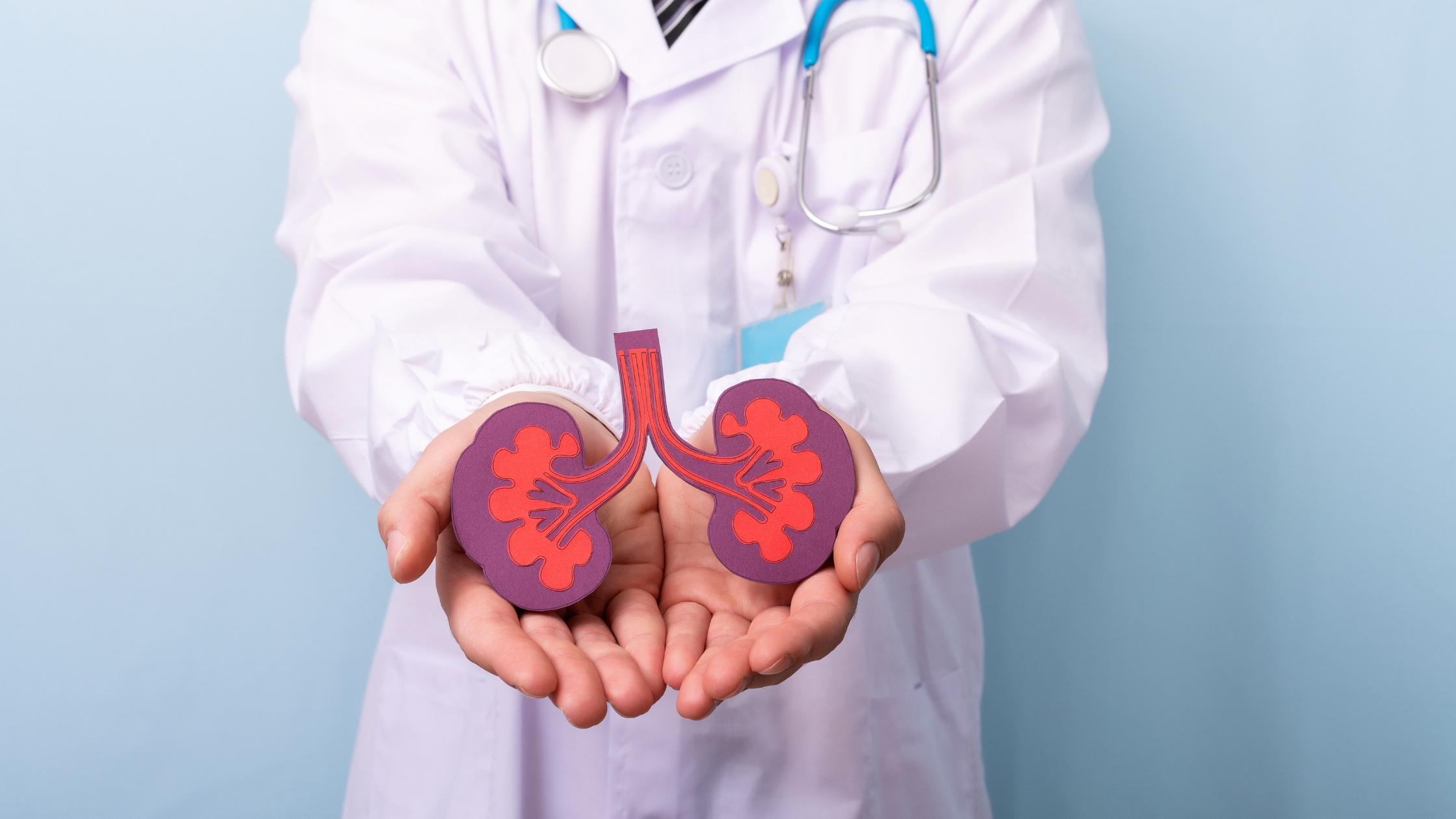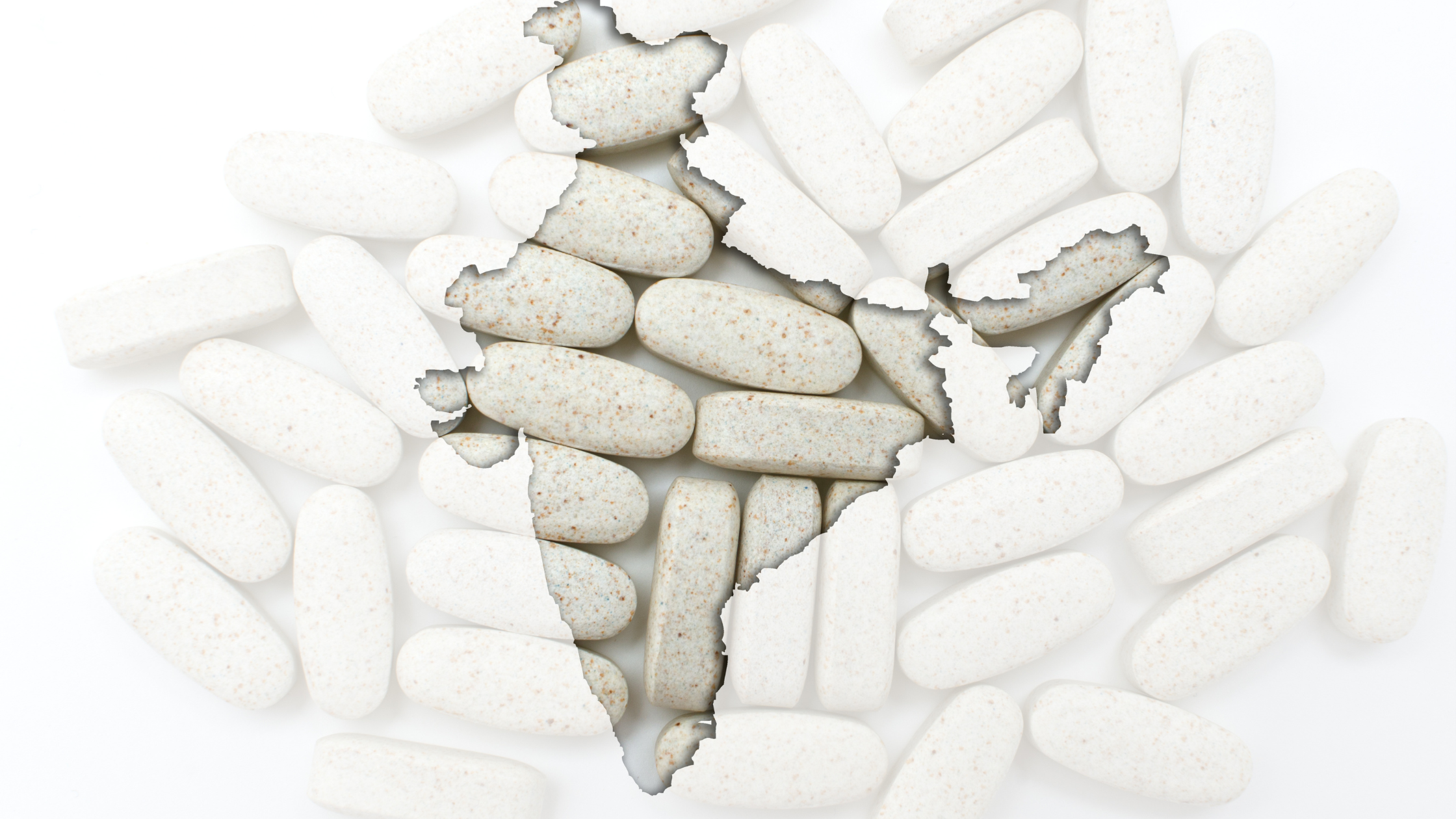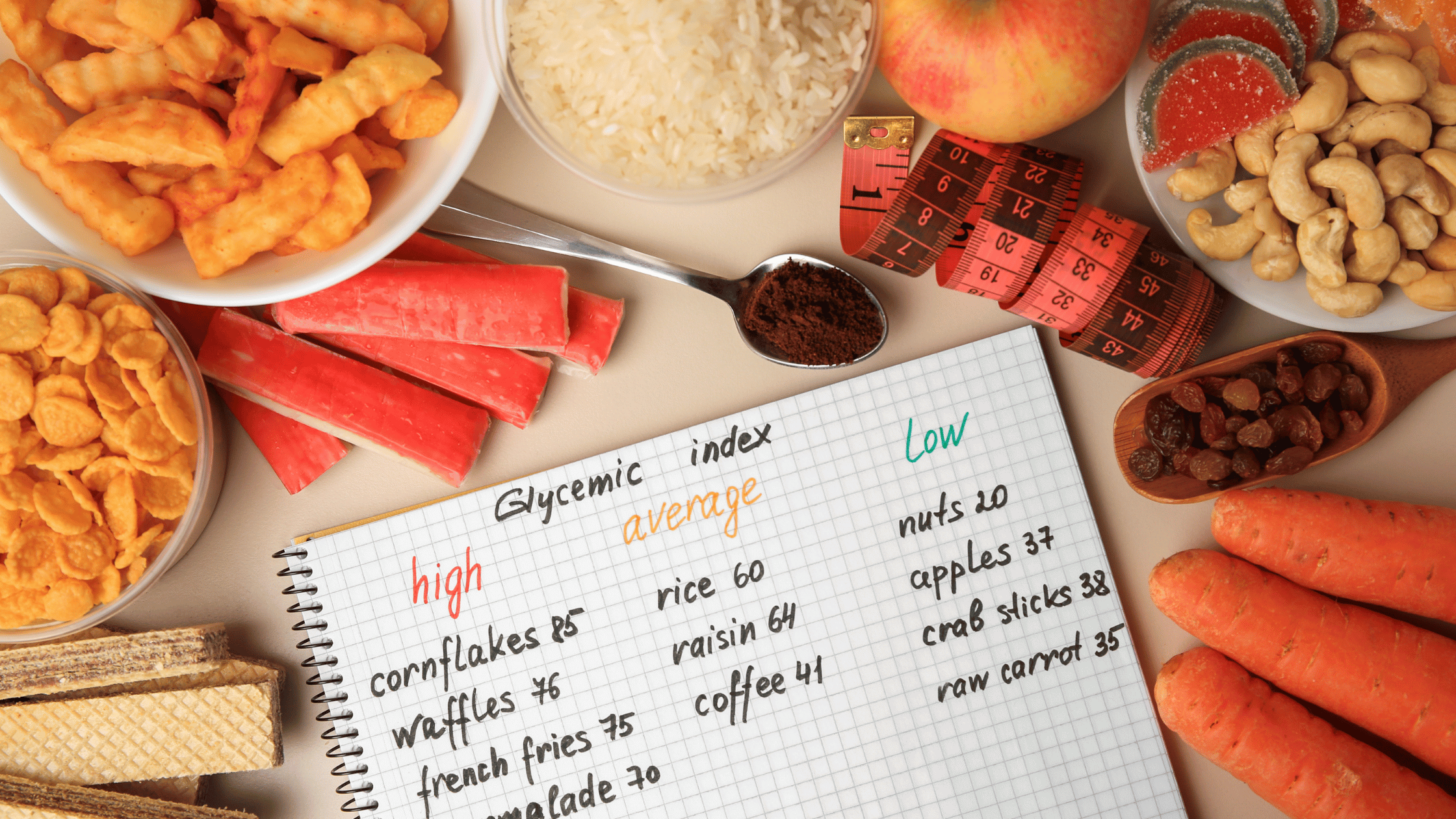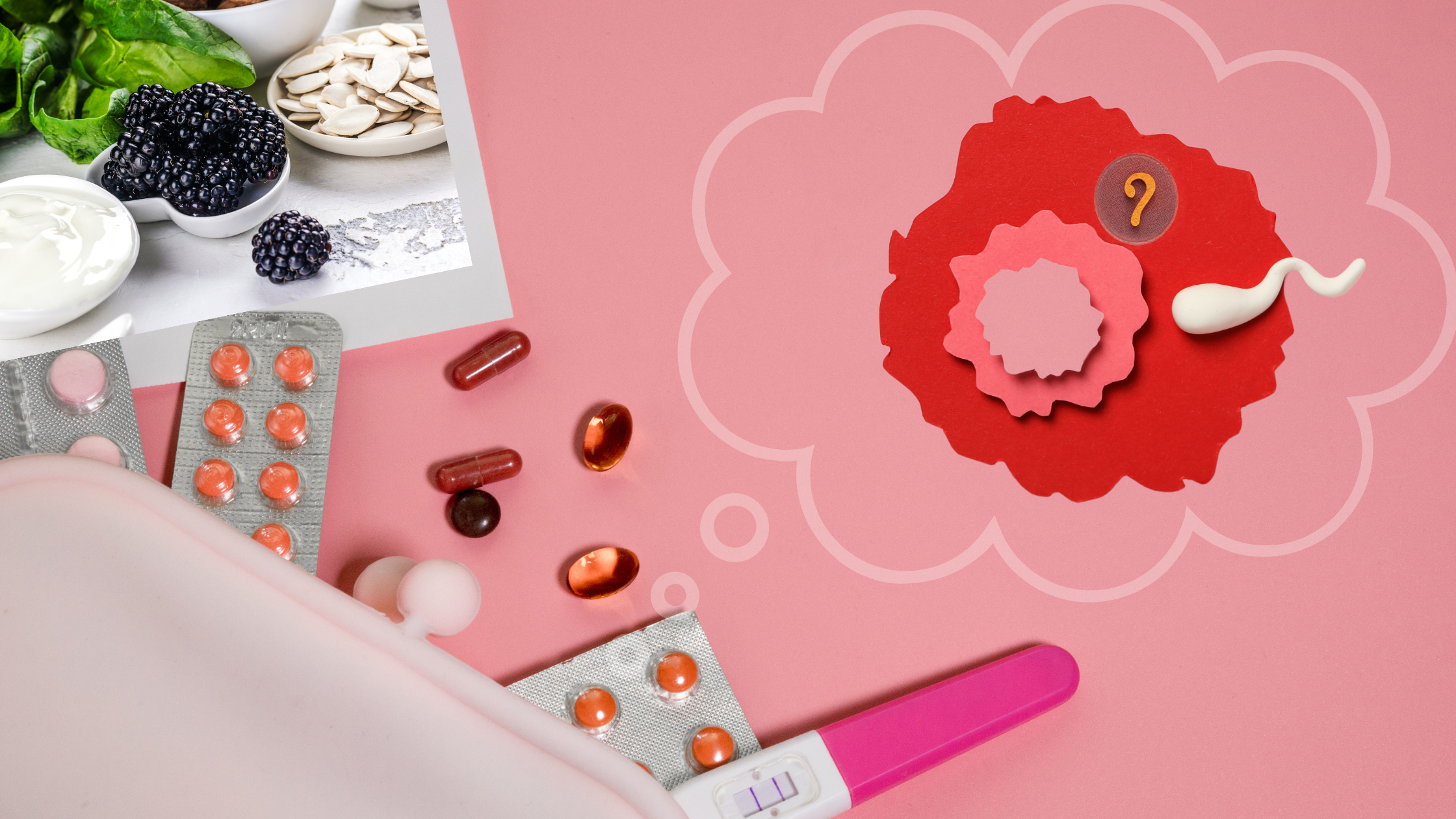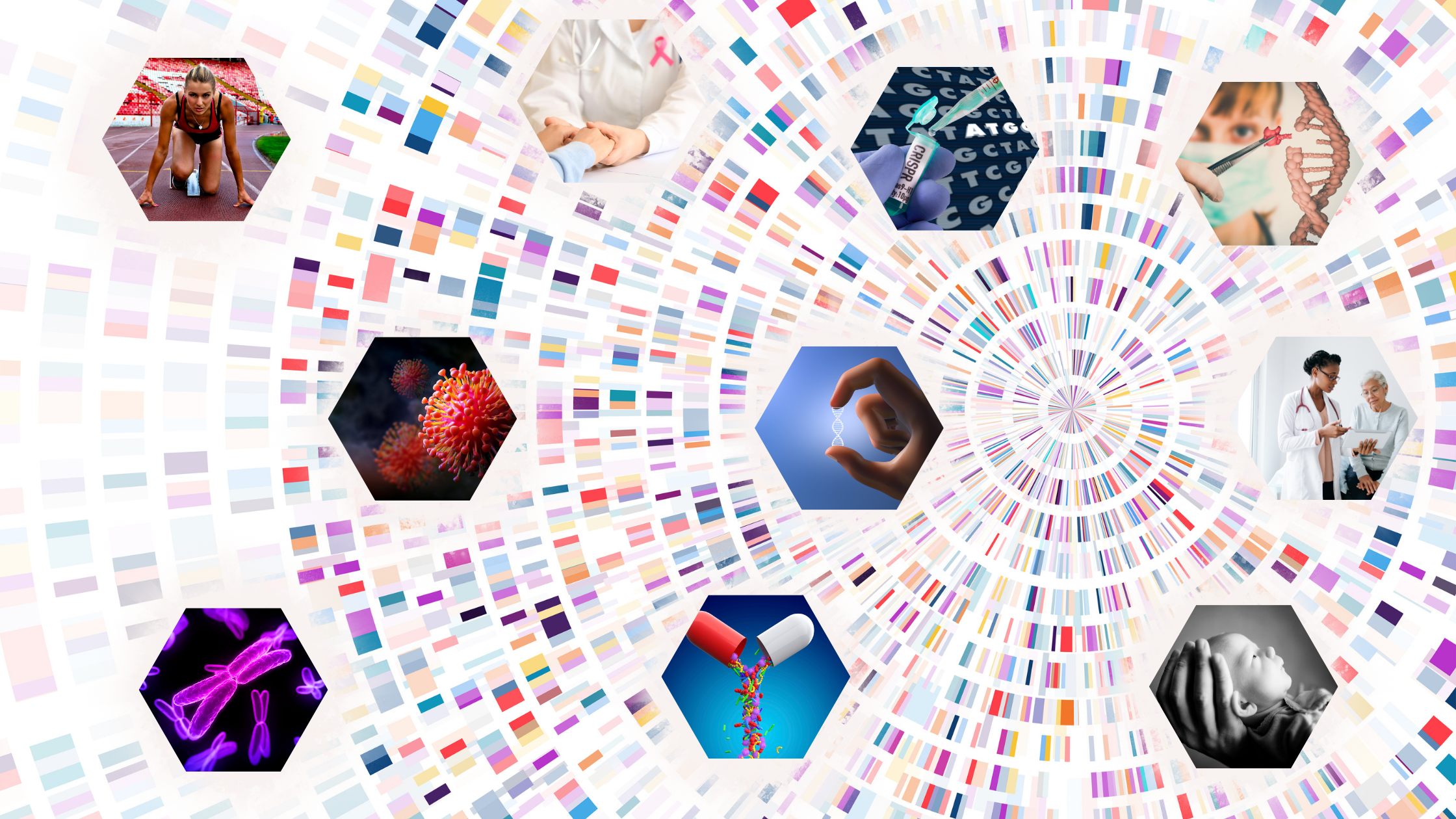The Perks and Perils of Caffeine: A Coffee Lover's Tale

Introduction: The Global Love for Coffee
Coffee, that aromatic elixir of wakefulness, holds a cherished spot in many hearts worldwide. Did you know that over 2.25 billion cups of coffee are consumed globally every day? From bustling city streets to serene countryside cafés, coffee culture transcends borders and brings people together over a shared love for its rich flavours and stimulating effects.
The Science Behind the Brew: Caffeine Metabolism and Genetics
As coffee aficionados revel in their daily brews, a complex dance unfolds within their bodies. Caffeine, the magic molecule responsible for coffee's kick, undergoes a fascinating journey of metabolism. The enzyme CYP1A2, encoded by the CYP1A2 gene, plays a crucial role in caffeine metabolism. Genetic variations in this gene can lead to differences in how individuals process caffeine, influencing their response to its effects.
Studies have delved deep into these genetic nuances, revealing intriguing insights. For instance, individuals with certain genetic variations resulting in rapid caffeine metabolism may experience shorter-lasting effects than those with slower metabolism variants. These genetic predispositions can influence caffeine's impact on blood pressure, heart rate, and even its potential benefits for liver health.
The Benefits Unravelled: Exploring Caffeine's Positive Impact
1. Enhanced Physical Performance: Caffeine has long been lauded for its ability to boost physical performance. Athletes and fitness enthusiasts often use caffeine to improve endurance, focus, and overall athletic output. Studies have shown that caffeine can enhance exercise performance by mobilising fatty acids, delaying fatigue, and increasing alertness during workouts.
2. Cognitive Benefits: Beyond its physical perks, caffeine also offers cognitive advantages. Regular, moderate caffeine consumption has been linked to improved cognitive function, memory retention, and enhanced focus. Students, professionals, and individuals seeking mental clarity often rely on caffeine to stay sharp and attentive.
3. Mood Elevation: Caffeine's stimulatory effects extend to mood elevation, providing a temporary mood boost and feelings of alertness and well-being. Many individuals turn to coffee or caffeinated beverages as a morning ritual to kick-start their day on a positive note.
4. Defender Against Liver Troubles: Studies hint that moderate caffeine sips, especially from your favourite coffee mug, could act as a shield against liver woes. They whisper secrets of reduced risks for non-alcoholic fatty liver disease (NAFLD), a common liver villain linked to weight and metabolic troubles.
5. Battle Against Fibrosis: Caffeine doesn't just dance on your taste buds; it moonwalks into your liver to combat fibrosis, a villainous stage in liver damage. By putting the brakes on hepatic stellate cell shenanigans, caffeine might slow down the fibrotic frenzy and save the day for your liver.
6. Antioxidant Avenger: With its antioxidant and anti-inflammatory capes fluttering, caffeine swoops in to fight oxidative stress and inflammation – two nasty foes that often push your liver's buttons. By easing these troubles, caffeine gives your liver a breather from damage.
Navigating the Caffeine Conundrum: Balancing Benefits and Risks
While coffee's potential benefits are encouraging, it's vital to navigate the caffeine conundrum with care. Excessive caffeine intake can lead to adverse effects such as elevated blood pressure, increased anxiety, and disrupted sleep patterns. Individuals with certain genetic variants that influence caffeine metabolism may be more susceptible to these effects.
Moreover, caffeine dependence can also pose challenges, with withdrawal symptoms like headaches and fatigue for those attempting to cut back. Understanding one's genetic predispositions, caffeine tolerance, and overall health profile can guide a balanced approach to caffeine consumption for optimal well-being.
Coffee has been shown to have both positive and negative effects on the gut microbiome. On the positive side, coffee contains polyphenols and other bioactive compounds that can act as prebiotics, promoting the growth of beneficial bacteria in the gut. Some studies suggest that moderate coffee consumption may increase the abundance of certain beneficial bacteria, such as Bifidobacteria and Lactobacilli, which are associated with gut health. However, excessive coffee consumption or consumption of highly caffeinated beverages may have a negative impact, leading to alterations in gut microbial composition and potentially causing gastrointestinal disturbances.
In conclusion, coffee's journey from bean to cup is intertwined with genetic intricacies, metabolic pathways, and potential health impacts. While coffee enthusiasts savour their favourite brews, ongoing research sheds light on caffeine's multifaceted interactions with our bodies. By appreciating the nuances of caffeine metabolism, genetics, and overall health considerations, individuals can make informed choices that balance coffee's pleasures with mindful moderation.
References:
1. Wijarnpreecha K, Thongprayoon C, Edmonds PJ, et al. Coffee consumption and risk of nonalcoholic fatty liver disease: a systematic review and meta-analysis. Clin Gastroenterol Hepatol. 2019;17(5):991-1000.e1.
2. Ayoub WS, Steggerda J, Yang JD, et al. Coffee consumption is associated with a lower risk of advanced fibrosis among patients with nonalcoholic fatty liver disease: a nationwide study. Clin Gastroenterol Hepatol. 2020;18(3):710-719.e2.
3. Salomone F, Godos J, Zelber-Sagi S. Natural antioxidants for non-alcoholic fatty liver disease: molecular targets and clinical perspectives. Liver Int. 2019;39(11):1931-1941.
4. Cornelis MC, El-Sohemy A, Campos H. Genetic polymorphism of the adenosine A2A receptor is associated with habitual caffeine consumption. Am J Clin Nutr. 2007;86(1):240-244.
5. Retterstøl K, Svendsen M, Narverud I, et al. Effect of coffee consumption on plasma cholesterol: results from a 6-month randomized controlled trial. Am J Clin Nutr. 2021;113(6):1543-1553.

The Gene Box





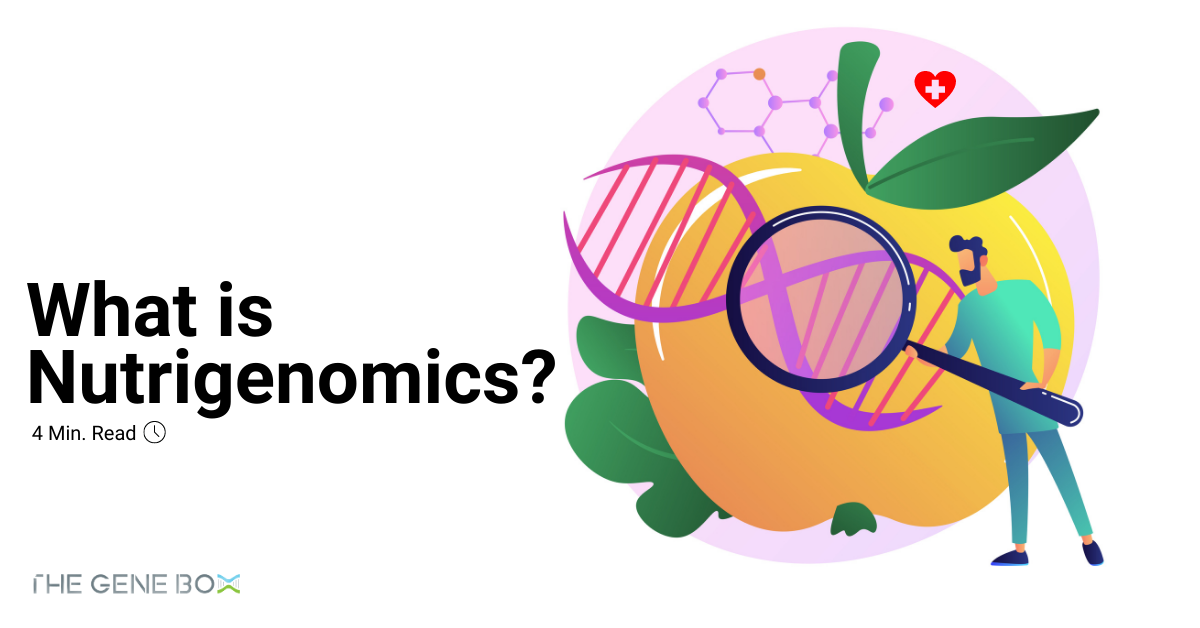


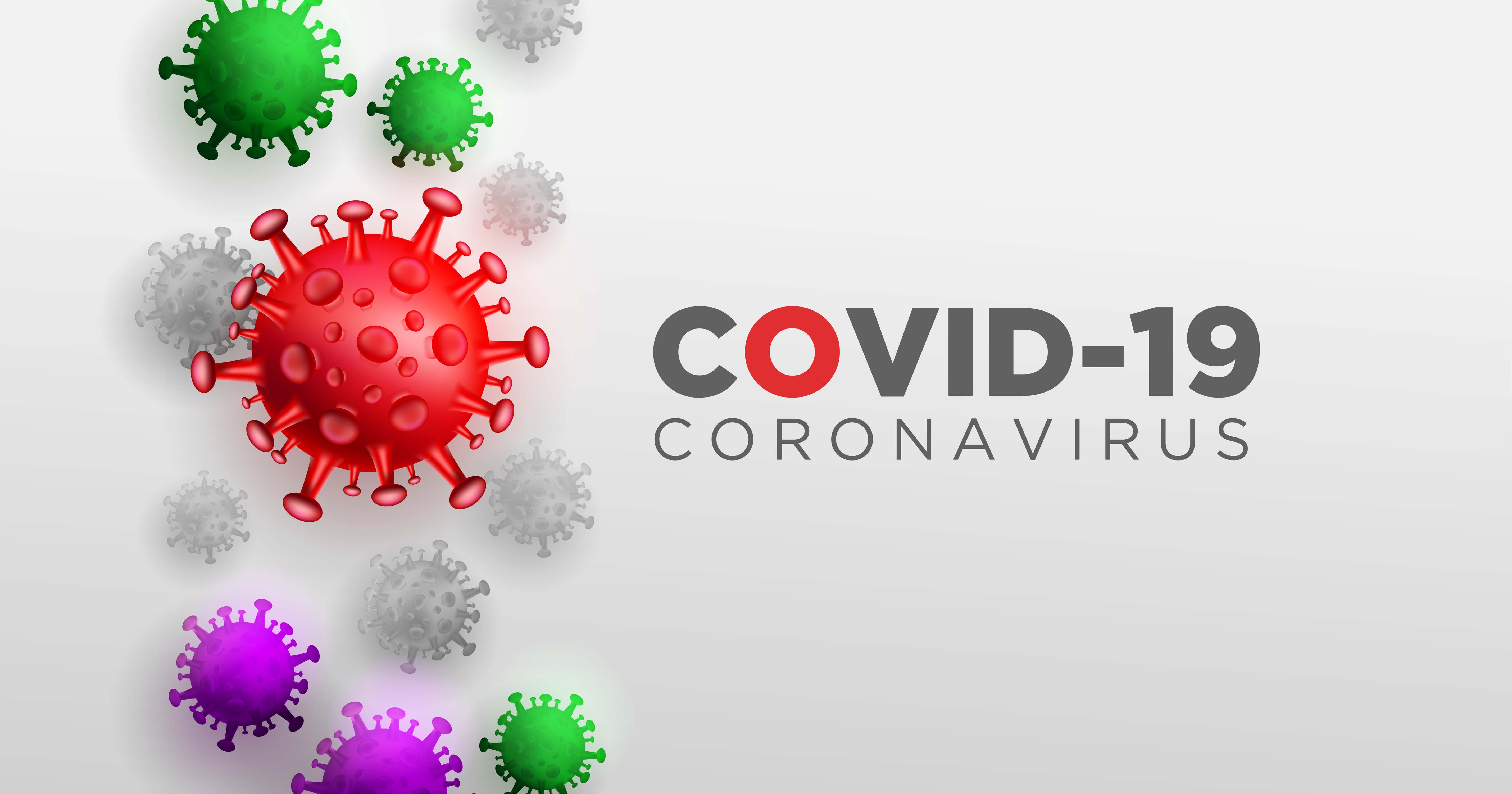
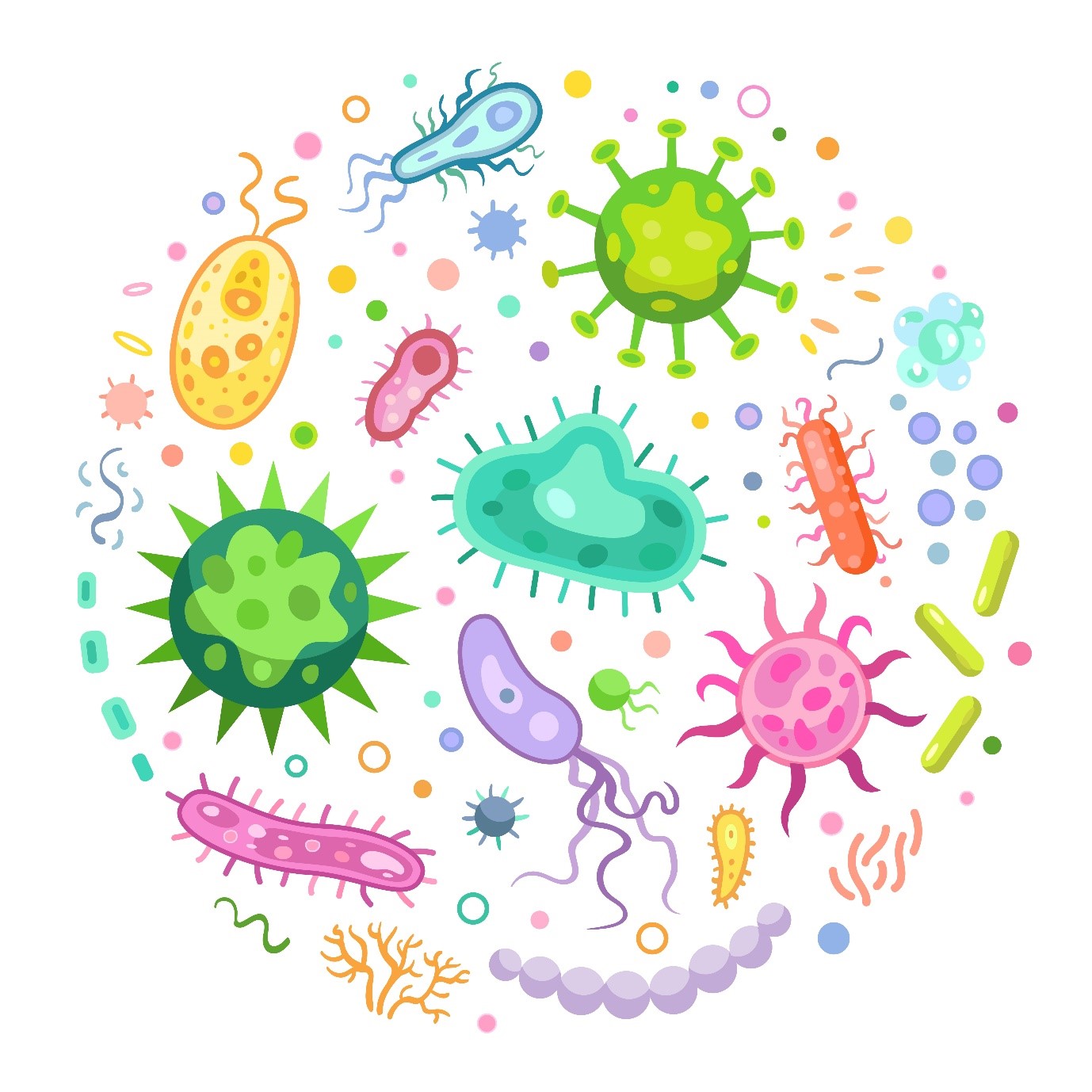

.png)








